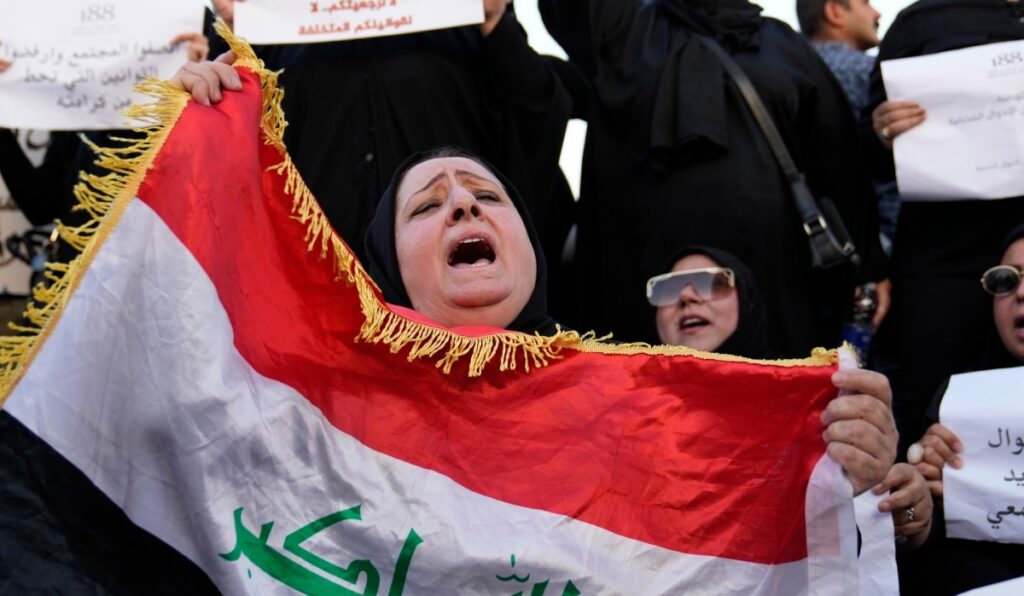The contentious bill might eliminate Iraq’s existing marriage age limit of 18 and reform the country’s legal system to align more closely with religious backgrounds.

The proposed legislation aims to lower the legal marriage age for girls in Iraq to just 9.
A contentious bill proposing to lower the legal marriage age for girls to 9 and boys to 15 has been introduced in Iraq’s parliament. The draft legislation also seeks to give citizens the option to resolve family issues through either religious authorities or civil courts, raising concerns about potential impacts on legal matters such as inheritance, child custody, and divorce.
Currently, Iraq’s Personal Status Law sets the legal marriage age at 18, and this bill’s potential deviation from that standard has been met with significant apprehension. “Passing this law would represent a regression rather than progress,” warned Sarah Sanbar, a researcher with Human Rights Watch (HRW), in an interview with AFP.
HRW has previously highlighted that religious leaders in Iraq conduct thousands of unregistered marriages annually, including child marriages, in violation of existing laws. UNICEF data indicates that 28% of women aged 20 to 24 were married before turning 18, with 7% married before the age of 15.
Amal Kabashi from the Iraq Women’s Network criticized the amendment, stating it “offers substantial leeway for male dominance over family matters” in an already conservative society.
The bill faced strong opposition from lawmakers and was withdrawn in late July. However, it was reintroduced on August 4 with backing from influential Shiite blocs. MP Raed al-Maliki, who sponsored the bill, has refuted claims that it would reduce the legal marriage age. Al-Maliki has previously championed other controversial measures, including those targeting homosexuality and sex-reassignment surgeries.
“The objections to the law stem from a malicious agenda aimed at undermining the personal status of a significant portion of the Iraqi population based on their beliefs,” al-Maliki asserted during a television interview.
Women’s rights advocates are mobilizing against the bill, fearing it could erode women’s rights and legitimize child marriage. A coalition of Iraqi female lawmakers has also expressed opposition. Earlier this year, protesters in Tahrir Square displayed signs reading “The era of female slaves is over” and “No to the marriage of minors.”
Yanar Mohammed, president of the Organization of Women’s Freedom in Iraq, criticized the bill as a tool to undermine recent gains in women’s rights, stating, “Their most efficient tool for this distraction is to terrorize Iraqi women and civil society with legislation that strips away all the rights Iraqi women have gained in modern times,” as reported by the Middle East Monitor.












